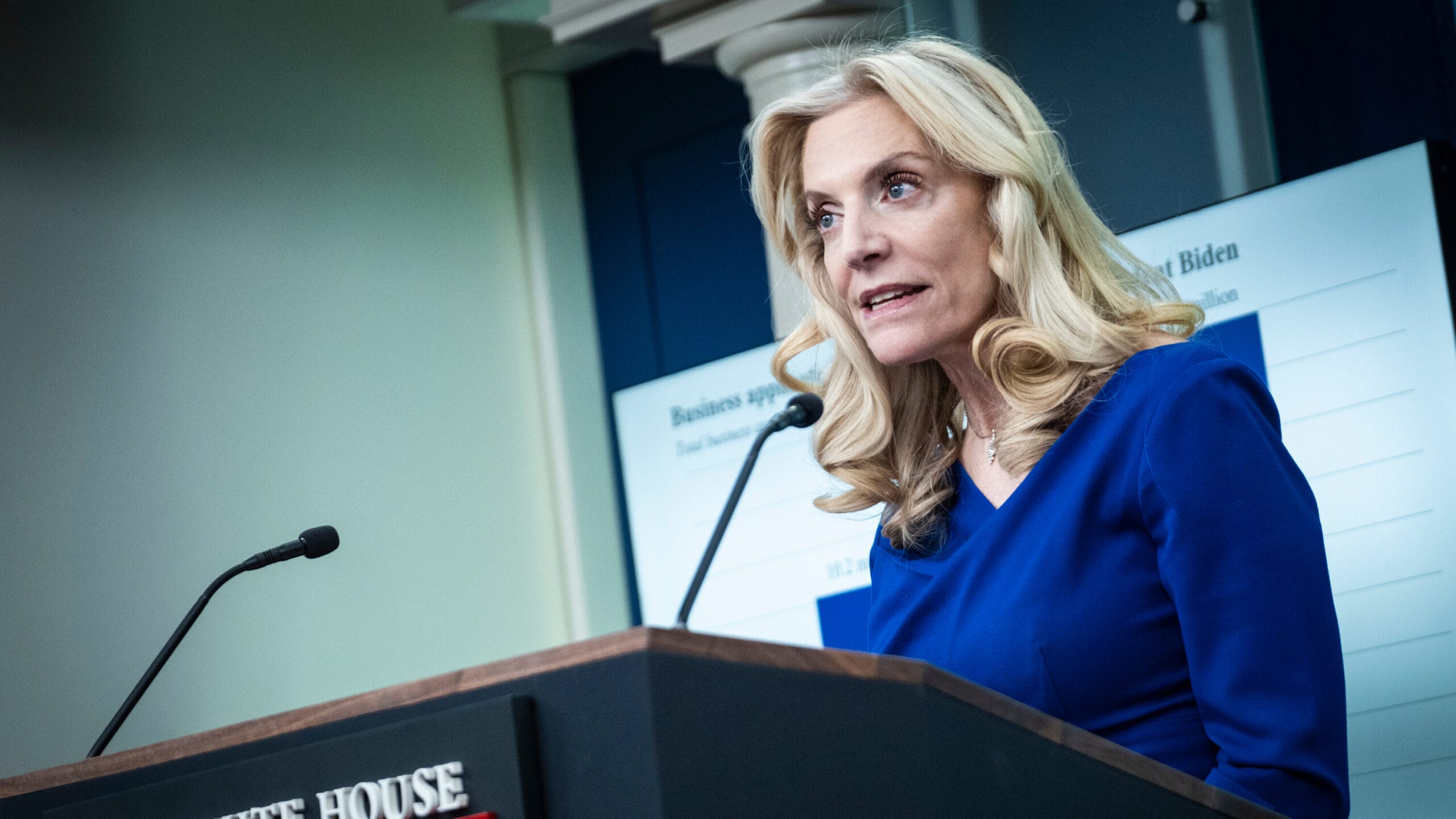Shaping the Future of Tax Policy
In an era of intense tax debate, President Biden’s top economic adviser, Lael Brainard, has put forth a bold proposition that could redefine America’s fiscal landscape. Addressing an audience at the Hamilton Project at the Brookings Institution in Washington, Brainard, who helms the White House National Economic Council, outlined a plan that could significantly alter the tax code.
With the expiration of the 2017 tax cuts looming, Brainard suggests that this moment presents a critical opportunity for lawmakers to address budget deficits. Her proposal involves a substantial increase in taxes on corporations and the wealthiest individuals, while simultaneously maintaining the tax cuts for those making less than $400,000 a year.
The 2017 tax cuts, a legacy of former President Donald J. Trump, are set to expire at the end of the next year. These cuts span across various income levels but were designed with a sunset clause to mitigate their impact on the national deficit. Brainard’s strategy not only aims to preserve the benefits for middle-class Americans but also to prevent further deepening of fiscal deficits by ensuring that any extended tax cuts are fully paid for.
Brainard’s speech marked a shift in tone from previous discussions within the administration, highlighting a heightened concern for the nation’s growing debt. “At minimum, we should avoid making the fiscal hole created by Republican tax cuts deeper,” she stated, emphasizing the need for fiscal responsibility.
The approach laid out by Brainard is clear: use the
As the nation anticipates the upcoming






